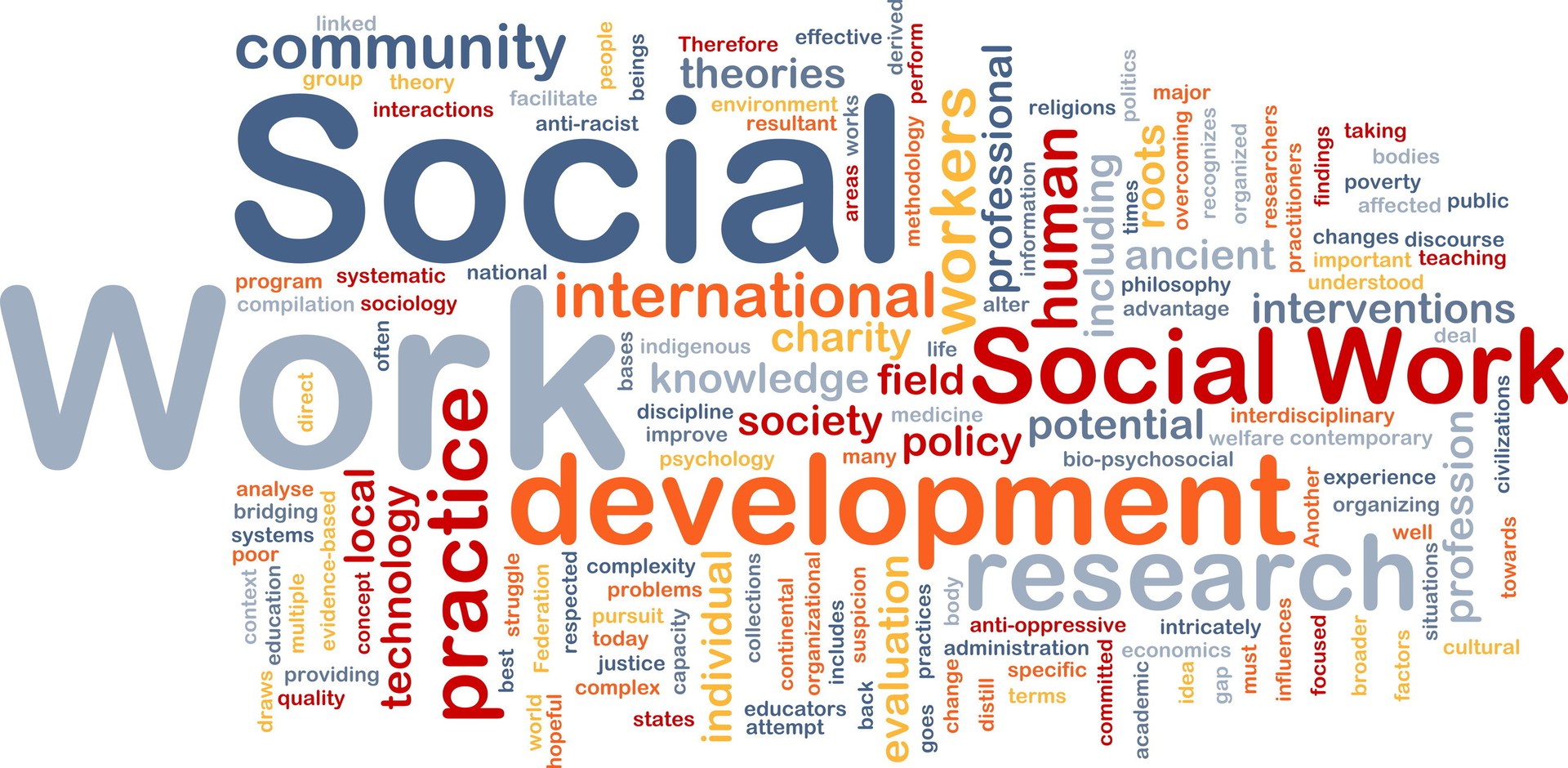Title
Disparities in Health, Health Care Access, and Life Experience Between American Indian and White Adults in South Dakota
Journal Title
Journal of Racial and Ethnic Health Disparities
Publication Date
2016
Abstract
Objectives
The objective of this study is to investigate the factors associated with depressive symptoms and chronic illnesses in American Indians compared with White adults born in the post-World War II period, 1946 to 1964, and living in South Dakota.
Design
A cross-sectional design of American Indian and White adults aged 50 and older in South Dakota (Brookings, Vermillion, Sioux Falls, and all others areas of South Dakota) between January 2013 and May 2013 was used. American Indian and White adults (born between 1946 and 1964; N = 349). Data included sociodemographic factors and measures of chronic physical health condition, health care access, adverse childhood experiences, body mass index (BMI), Alcohol Use Disorders Identification Test, Technology Acceptance Model, and Multidimensional Scale of Perceived Social Support and Depressive Symptoms.
Results
American Indian adults reported more chronic diseases and conditions, a lower self-perceived physical health, were more likely to be overweight or obese, had more adverse childhood experience (ACE), and reported a lower level of alcohol intake compared to White adults. BMI was significantly associated with an increased number of chronic conditions for both groups, and American Indians’ better perception of their physical health was significantly associated with lower total number of chronic conditions. Self-perceived mental health, a better level of access to health care, and a higher degree of social support were significantly inversely associated with the number of depressive symptoms for American Indian adults, while a greater level of ACE was significantly associated with an increased number of depressive symptoms for this group.
Conclusion
The current study not only support previous studies but also contributes to understanding the disparities in and risk factors potentially impacting American Indians’ physical and mental health. Our findings highlight the need to investigate the American Indians’ perceptions and knowledge about health care accessibility including availability as well as perceived barriers including social sensitivity and trust. Health professionals might need to pay attention to BMI, ACE, and social relationship among American Indian adults to improve physical and mental health.
Keywords
American Indian; Disparities; Health; Life experience
Document Type
Article
Disciplines
Social and Behavioral Sciences | Social Work
Volume
3
Issue
2
First Page
301
Last Page
308
DOI
10.1007/s40615-015-0146-3
Recommended Citation
Moon, Heehyul; Roh, Soonhee; Lee, Yeon-Shim; and Goins, R. Truner, "Disparities in Health, Health Care Access, and Life Experience Between American Indian and White Adults in South Dakota" (2016). Department of Social Work. 54.
https://red.library.usd.edu/socialwork/54


